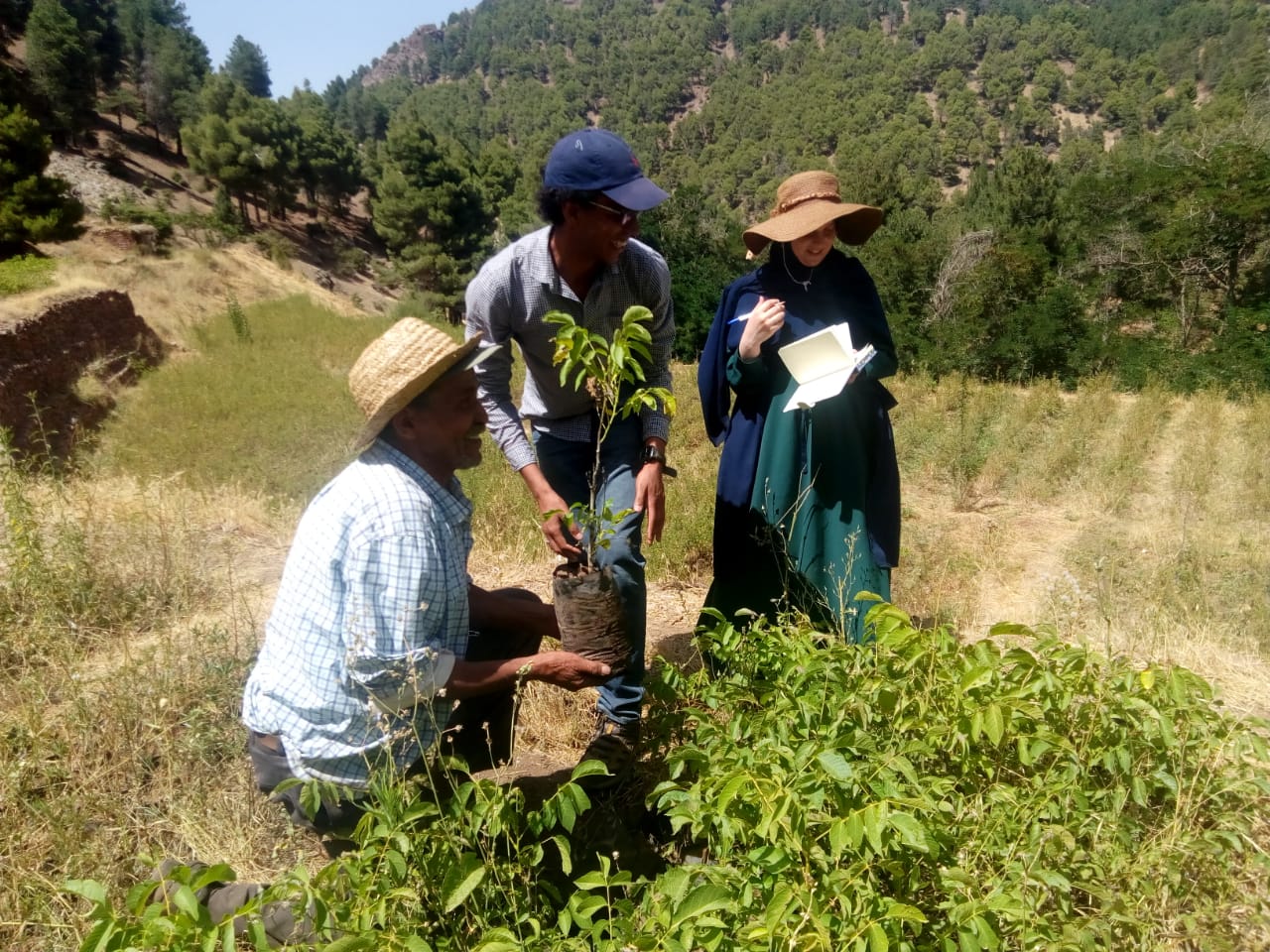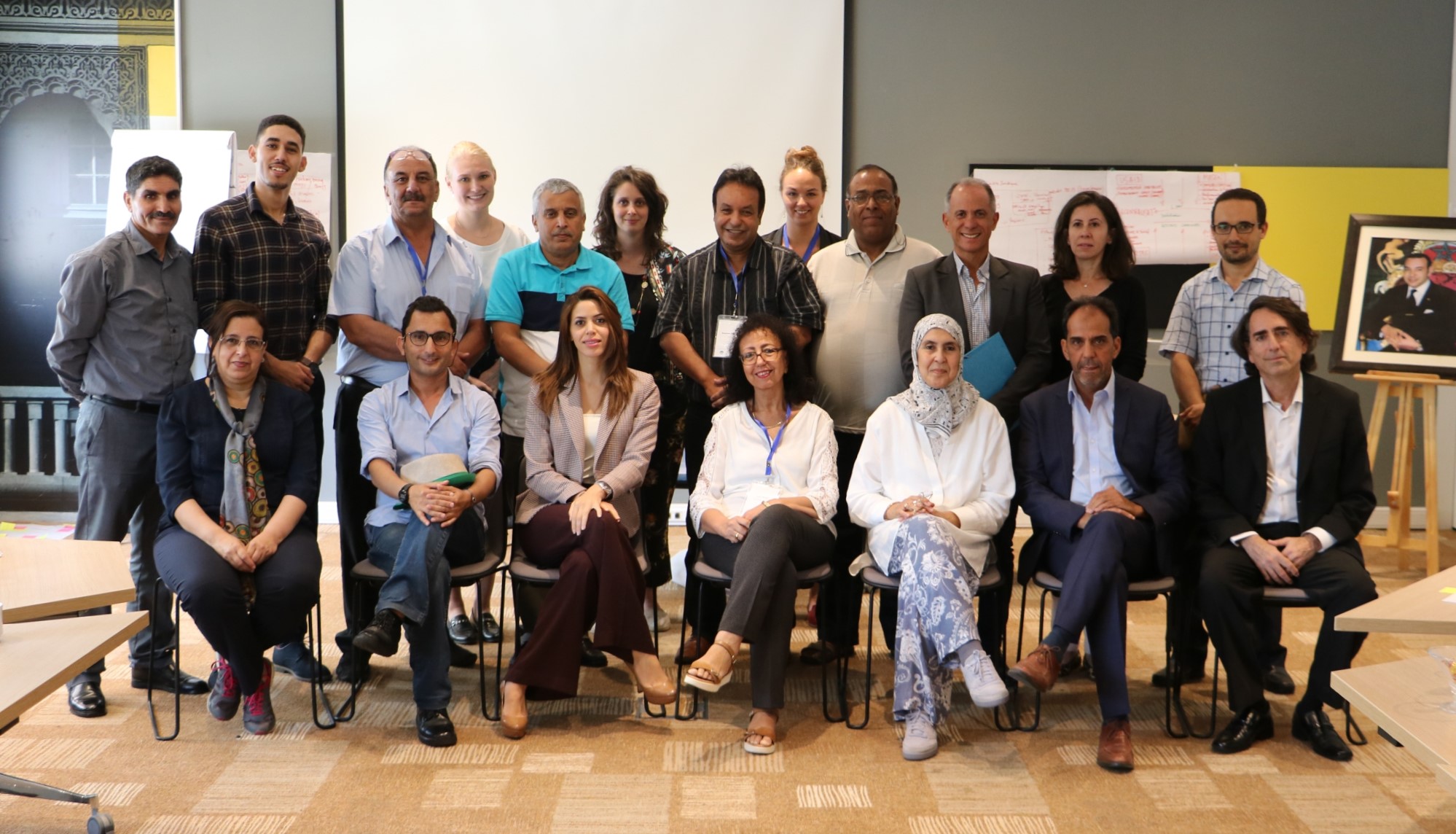HAF Intern, UVA student
What is scalability? At its core, scalability is expansion, and often unlimited expansion without the need to redefine any of the fundamental elements. Such a concept enters the field of development when discussions of projects, organizational capacity, and networks center around expansion. The number of communities that participate in a women’s empowerment program may increase; a non-government organization may see an increase in its funding and then hire more staff to take on more development projects; and an organization may establish a new partnership with another organization that has similar goals in order to share resources and ideas. It is essential to take the time to process how scaling up operations could influence communities and how changing cultural landscapes in turn affect the scaled-up operations.
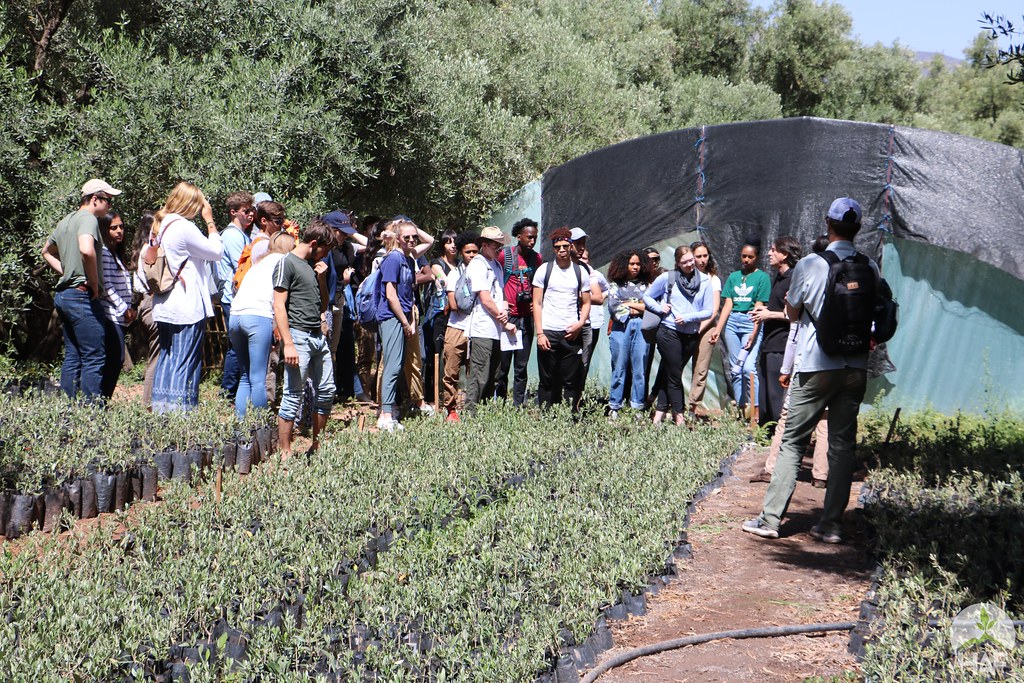
Project scalability requires community-led evaluation and planning in order to ensure success. Any development-oriented project should consider a community’s political, economic, and cultural landscape for the sake of the project’s success and viability in the future. The technical aspects of a development project cannot always be scalable, so perhaps we should focus on scaling up frameworks, project themes, and goals. As Anna Tsing, an American professor of anthropology, suggests, nonscalability theory defines development projects as being dependent on the historical and current lived realities of a community. Nonscalability in the context of development refers to the fact that there are elements of the cultural landscape—political, social, and economic facets of daily life—which make scaling up development projects essentially unfeasible as they do not take these elements of life into account when carrying them out. Rather than allow scalability to outright deny these realities, scaling up project operations can rely on nonscalability theory, and development practitioners can rely on both theories. Ensuring that adjustments to every scaled development project are made in order to better meet the needs of a community can create a more sustainable, meaningful community development.
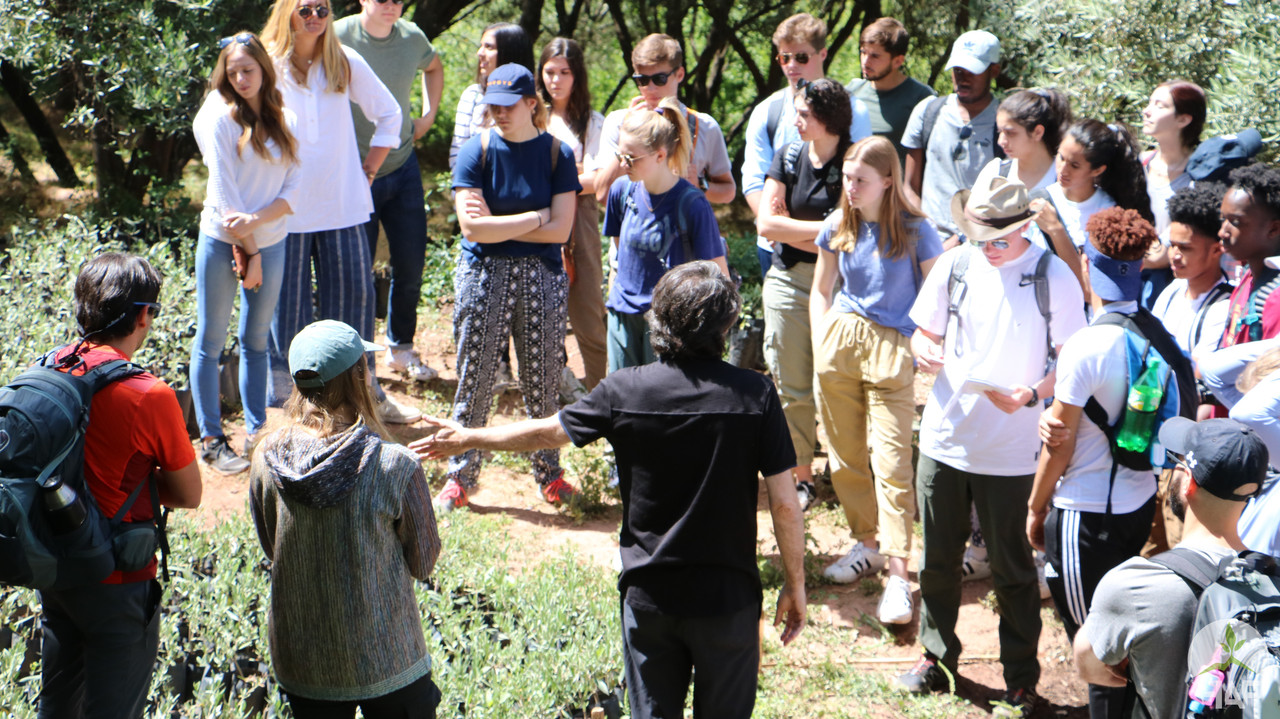
Take the High Atlas Foundation’s tree nursery initiative as an example of more successful scalability of development projects. Using organic agriculture as a means to address food insecurity and rural poverty in Morocco, HAF assists communities in establishing tree nurseries through participatory development methods. HAF has aided in building 13 nurseries located in seven provinces in Morocco, yet no two of these sites look exactly alike. Community needs and realities are addressed throughout the planning process, leading to the scaling up of project frameworks rather than all technical elements of the project. In some rural communities, only women run nursery operations. Some nurseries focus on growing cherries, while others grow olive trees, and others grow different types or a variety of cash crops. While the framework remains the same—employing organic agriculture as a means of addressing community needs—each iteration of the project is adapted to the realities of the community, with each community expressing their support for the nursery.
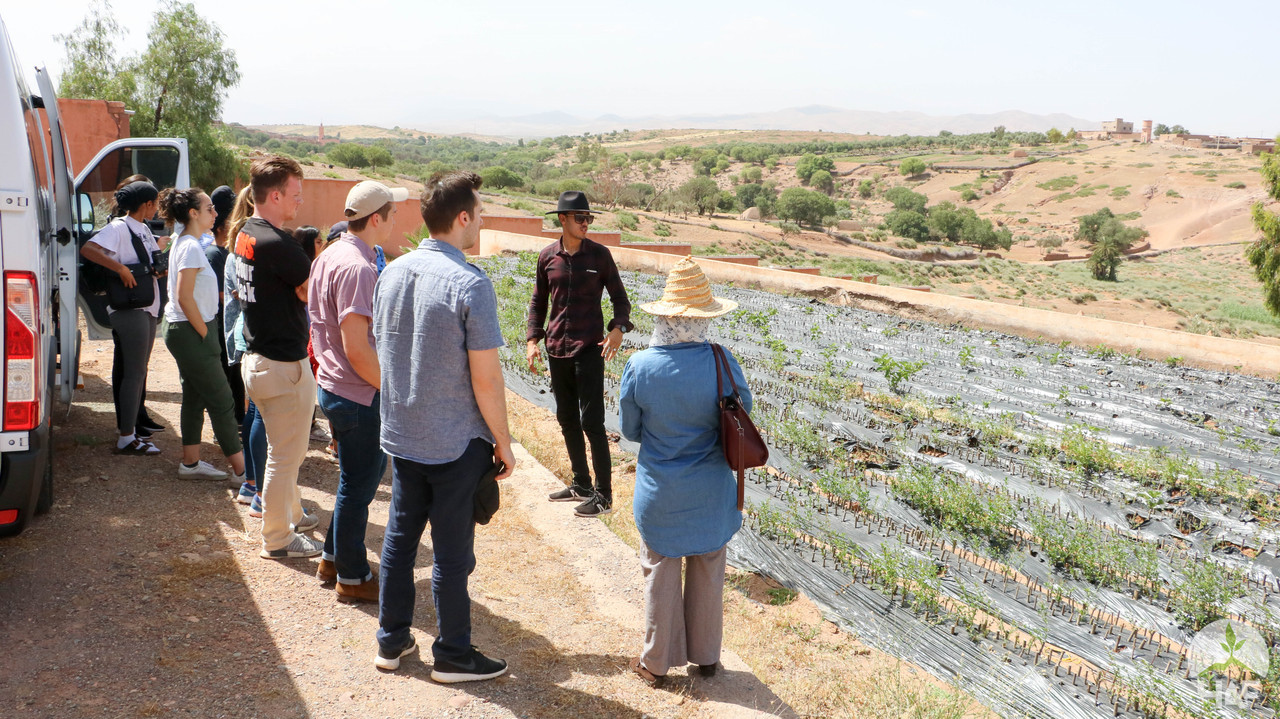
Can all scalability be successful? The short answer is no. Yet, this does not mean it is all unsuccessful. Scaling up networks and basic frameworks of projects rather than all technical details may be solutions to the rigidity of scaling up certain community development projects which made the cultural landscape an afterthought. The scaling up of development projects can be successful, but practitioners must keep the lived realities of communities a priority throughout the process.
Give to this project.
